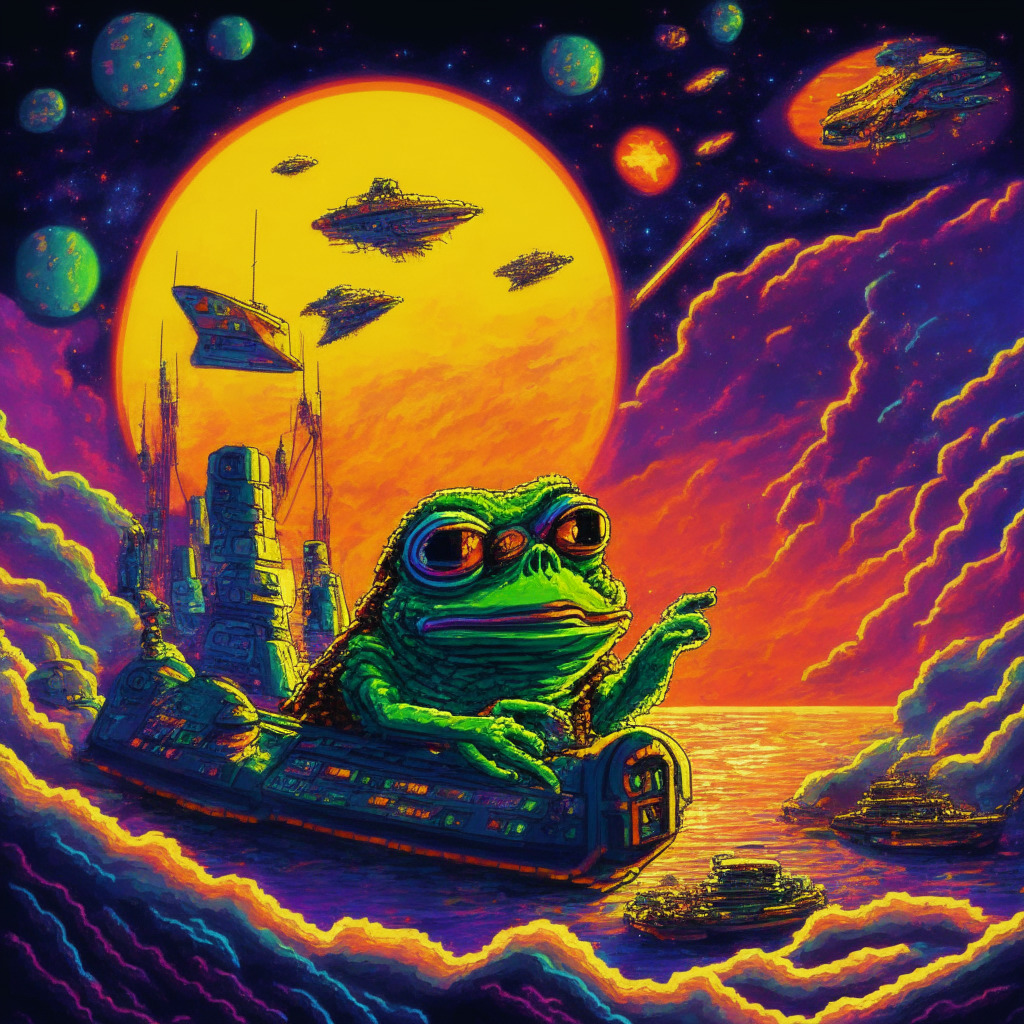In a pivotal move, Yuga Labs, the organization behind the NFT sensation, Bored Ape Yacht Club (BAYC), announced it would begin discontinuing support for OpenSea in response to the marketplace’s altered royalty model. The change was triggered by OpenSea’s decision to remove the Operator Filter, a tool used to ensure NFT creators received royalties from secondary sales.
Initially intended as a mechanism to exclude platforms like Blur, which do not implement creator royalties, the Operator Filter’s discontinuation announcement surprised many. OpenSea justified this step by pointing to lacklustre adoption, exploitability of the system, and creator backlash.
In response, Yuga Labs has announced plans for a planned phase-out of OpenSea’s Seaport functionality for all upgradeable contracts and future collections by February 2024. The move reinforces Yuga Labs’s commitment to preserving creator royalties and ensuring creators are adequately compensated for their work.
Yuga Labs’ decision received applause from the BAYC community, as well as NFT project founders, such as those behind EllioTrades and Alex Becker. NFT project leaders, including Dotta of Forgotten Runes Wizards Cult and Luca Netz of Pudgy Penguins, highlighted the collective strength of creators in advocating for royalty-focused markets and hinted at similar future steps.
The subject of creator royalties indeed divides the NFT world. During the 2021 NFT surge, royalties were typically enforced. Enter Blur in October 2022, shaking up the status quo by offering zero trading fees and an optional creator royalty payment model. The result was a slide in trading costs and royalty rates as platforms vied for users.
Today, the NFT community is split. While some lean towards the lower-cost trading model ushered in by Blur and call for alternate creator compensation methods, others staunchly uphold the essentiality of royalties. The outcome of this face-off will undoubtedly shape the direction of the future NFT marketplace. Will NFT creators continue to enjoy the fruits of their creative efforts or will the scales tip towards a more economic buyer-oriented market? This struggle plays out in a rapidly evolving NFT universe, poised to redefine creative value in the digital age.
Source: Cryptonews




